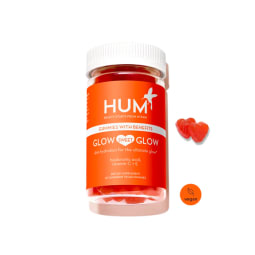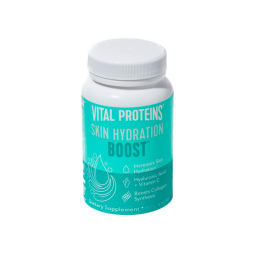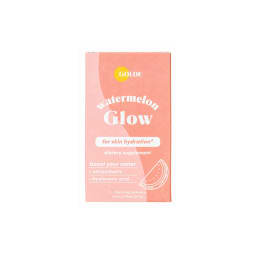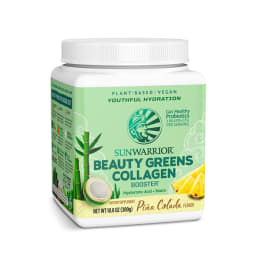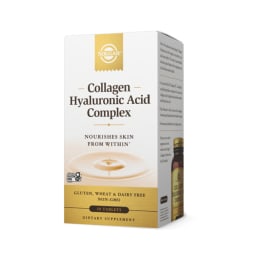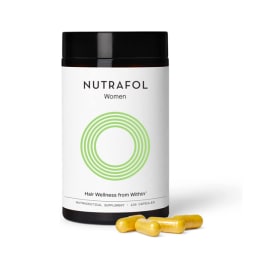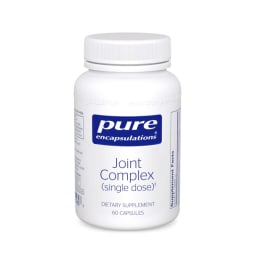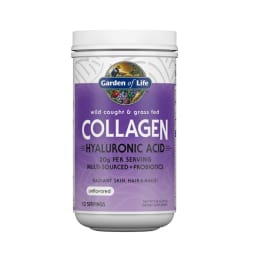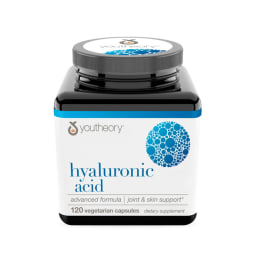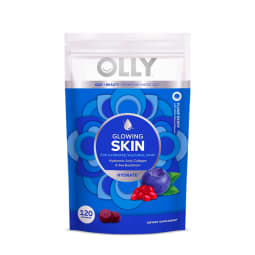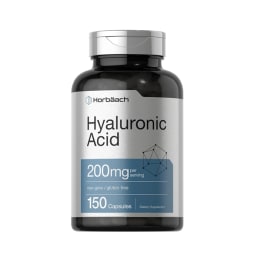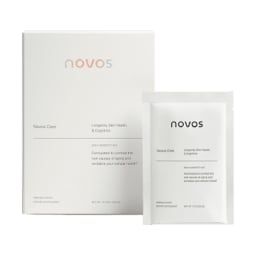Don’t worry—we’ll explain everything you need to know. Here, find out who can benefit most from an HA supplement (spoiler: It’s everyone), and the winning formulas that are actually worth your hard-earned dollar. Yes, really: “Hyaluronic acid is a naturally occurring type of sugar that is produced by the body and found in the highest concentrations in our skin, connective tissues, and eyes,” says board-certified dermatologist Jennifer Chwalek, M.D., about the ingredient. “It functions to retain water, keep our tissues well lubricated and our skin looking firm and youthful.” While 50% of the body’s total amount of hyaluronic acid resides in the skin1, it’s also present in tissues, joints, and blood vessels; specifically, it plays a key role in helping joints feel lubricated2, potentially supporting joint health as we age. However, like all good things, your natural reserve of HA diminishes3 over time. According to naturopathic doctor Nigma Talib, N.D., by the time you reach your 40s, you have around 50% of the HA you had during your younger years. And when your body’s hyaluronic acid declines, you may notice physical signs of skin aging, like fine lines, wrinkles, and dry, dull skin. Sure, a good hyaluronic acid serum can pull water into the top layer of your skin and temporarily fill out those fine lines, but to replenish your natural HA reserves, you might want to think about ingesting the ingredient, too, with quality supplements.* Oral forms of HA have been shown to support skin hydration and appearance: In fact, one study found that people who took 120 milligrams of hyaluronic acid a day for eight to 12 weeks experienced better skin aging4 (fewer wrinkles and more supple skin) compared with those who took a placebo.* They have also been shown to support healthy joints, as oral HA supplements are absorbed in the digestive tract and then migrate to the connective tissues5 that are most in need of more HA.* Finally, says Chwalek, hyaluronic acid is great for “regulating the inflammatory response, blood vessel formation, and can increase collagen production, which is another way it can help our skin as we age.” Not to mention, hyaluronic acid can be found in plenty of multi-ingredient formulas, so you don’t necessarily have to take a stand-alone HA supplement—it’s usually a complementary active to other ingredients like collagen, which only elevates its skin-loving benefits.* Similarly, if you’re looking for some extra joint support, a hyaluronic acid supplement may be particularly helpful.* Just make sure to speak with a health practitioner before starting a supplement routine (that goes for any supplement) to make sure it fits within your specific lifestyle. As for side effects, there aren’t any particular downsides associated with the humectant (unless you have an allergy to HA, which is pretty rare). As with any supplement, you’ll want to check the label to make sure there aren’t any potential allergens in the excipient list (aka, the “other ingredients”). Players like artificial colors, flavors, gluten, GMOs, soy, and gluten can all make an HA supplement less than stellar.


